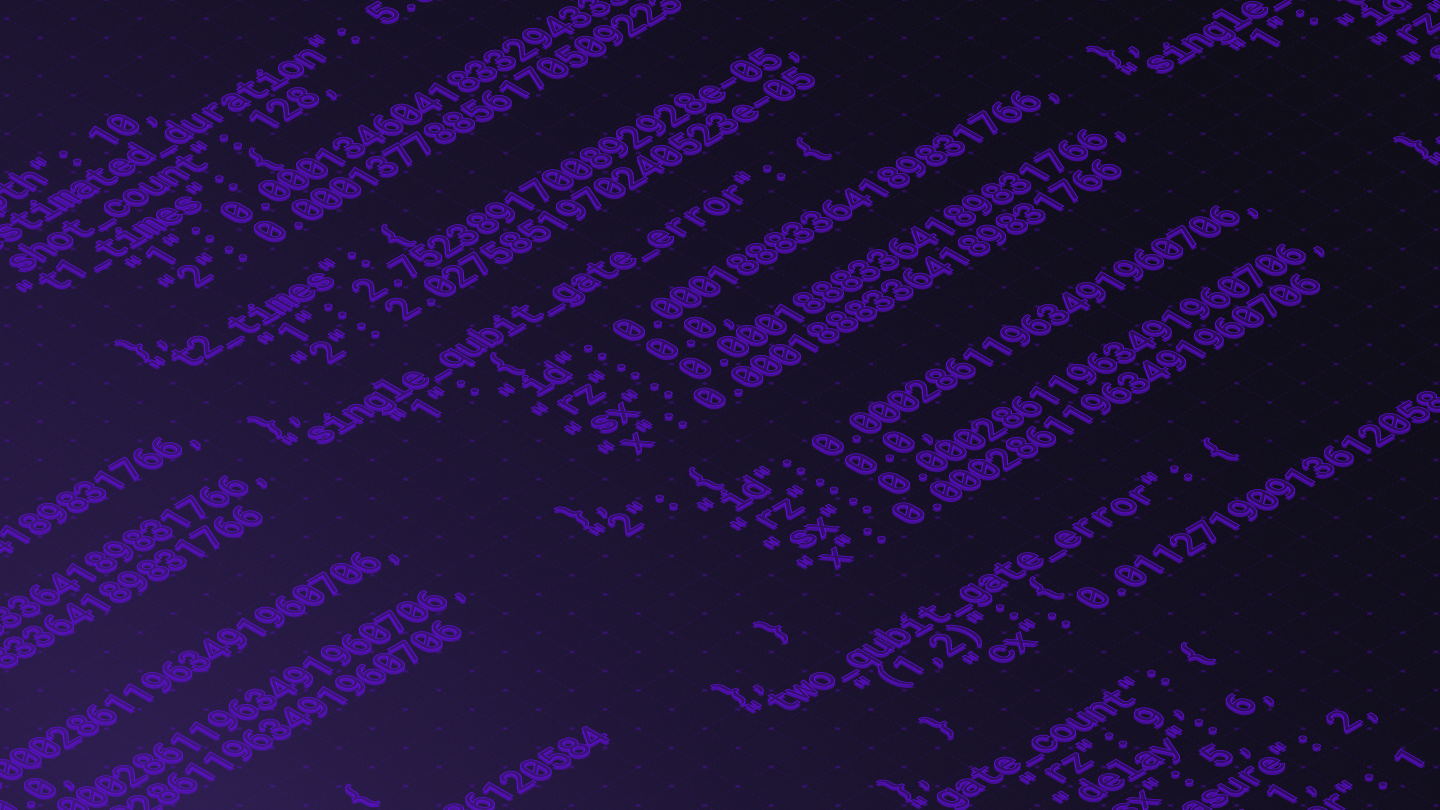Q-CTRL at IEEE Quantum Week 2021

Two senior leaders from Q-CTRL presented at IEEE Quantum Week, highlighting the team’s efforts to make quantum technology useful through quantum control.
The dual invited presentations covered various aspects of Q-CTRL’s tools to improve and automate quantum hardware using custom AI agents.
“We’re excited to share both our capabilities and research results with the technical community at IEEE Quantum Week,” said Q-CTRL Founder and CEO Michael J. Biercuk. “These forums present a fantastic opportunity to demonstrate not only the power of AI-enabled quantum control to accelerate the field, but also our commitment to advancing the underlying science. It’s a thrilling time to be a leader in the emerging quantum technology industry and we’re looking forward to participating in this great meeting.”
Prof Michael J. Biercuk, CEO, presented in Workshop Wks 22 — Advancing the Performance of Engineered Trapped-ion Quantum Systems.
Title: Optimizing and automating quantum computers with AI
Abstract: Quantum computing at scale requires the ability to abstract and automate hardware to build compatibility with higher level software tools. At present, typical hardware operation mandates "manual" scripted calibration over many control knobs exhibiting variable couplings and interdependencies - a challenge which rapidly becomes intractable even for modestly sized systems.
In this talk we will introduce the concept and experimental implementation of AI-driven robust quantum hardware optimization through the quantum firmware layer in the software stack. We will present a series of techniques and experiments demonstrating autonomous AI agents for efficient classical and quantum hardware calibration and error-robust quantum-gate design and discovery. Experimental demonstrations begin with simultaneous autonomous closed-loop optimization of single-qubit pi times and resonance frequencies and classical peripheral laser PID stabilization systems. We then move on to demonstrate noise-robust numerically optimized single and multiqubit gates exhibiting up to 10X reductions in error, drift sensitivity, and device variability. We show how to autocalibrate the gate RF waveforms using AI agents, removing the need for standard scripted tuning over multiple (potentially nonlinearly dependent) parameters.
We conclude by presenting the first experimental demonstration of Deep Reinforcement Learning (DRL) to autonomously design a Universal gateset in runtime. In summary, these experiments reveal a pathway to simultaneously improving hardware performance and achieving hardware-level autonomy at scale through applied AI.
Dr. Michael Hush, Chief Scientific Officer, presented in the Advanced Simulations of Quantum Computations workshop.
Title: Using learning control to create high fidelity cross resonance gates on superconducting qubits with Boulder Opal
Abstract: Quantum computers promise to open new opportunities in the simulation of quantum systems and machine learning. Superconducting qubit quantum computers are currently one of the leading platforms, but their performance is significantly limited by the quality of the two qubit quantum gates.
In this talk we use learning control to create high fidelity cross resonance gates using the software package Boulder Opal. We present the entire learning control development cycle. We start by using Boulder Opal to create a realistic pulse level simulation of a quantum computer with cross resonance gates. The underlying simulations are implemented in Tensorflow and are accelerated with GPUs. A series of reinforcement learning algorithms are then tested and compared using this simulation tool. The best reinforcement learning algorithm is then picked and implemented on IBM-Q. IBM-Q provides access to superconducting quantum computers that can be programmed at the individual pulse level using the OpenPulse standard. We demonstrate that reinforcement learning is able to produce cross resonance gates with 2.25X less errors than the IBM-Q defaults.



